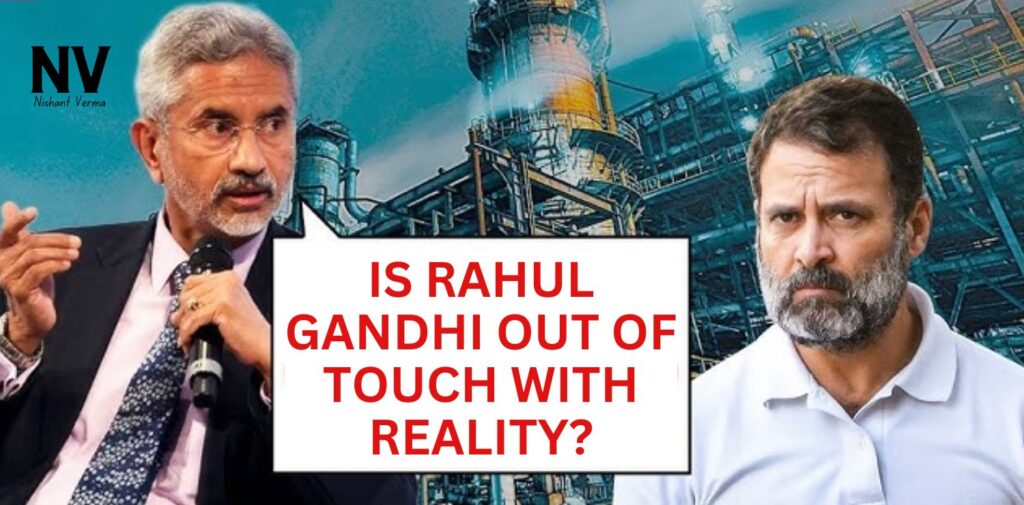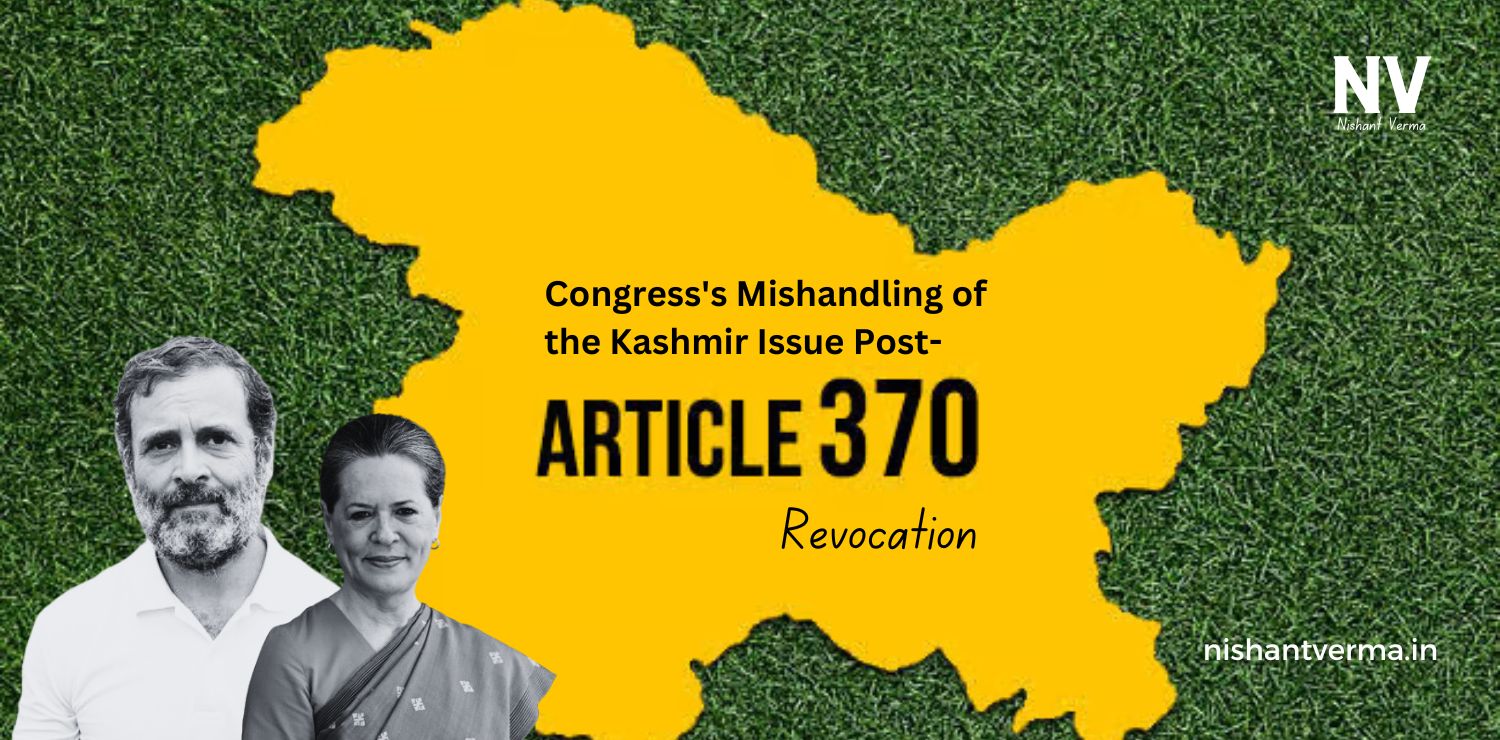Rahul Gandhi, the prominent figure in the Indian National Congress, has frequently found himself in hot water over his comments about India, both at home and abroad. His statements often raise eyebrows, sparking debates about his understanding of the country’s complexities. In his recent interviews, many feel that he has portrayed India in a negative light, which seems out of touch with the realities that most citizens experience. This piece examines some of these controversial statements and the repercussions they have had on both his political career and India’s global image.
“Life is not ‘khatakhat'” – A Criticism of Rahul’s Worldview
In a recent speech, External Affairs Minister S. Jaishankar made a veiled jibe at Rahul Gandhi, indirectly pointing out the Congress leader’s tendency to oversimplify complex national issues. Jaishankar’s remark, “Life is not ‘khatakhat’,” refers to Rahul Gandhi’s often erratic and hasty commentary, highlighting the contrast between rhetoric and grounded policymaking.
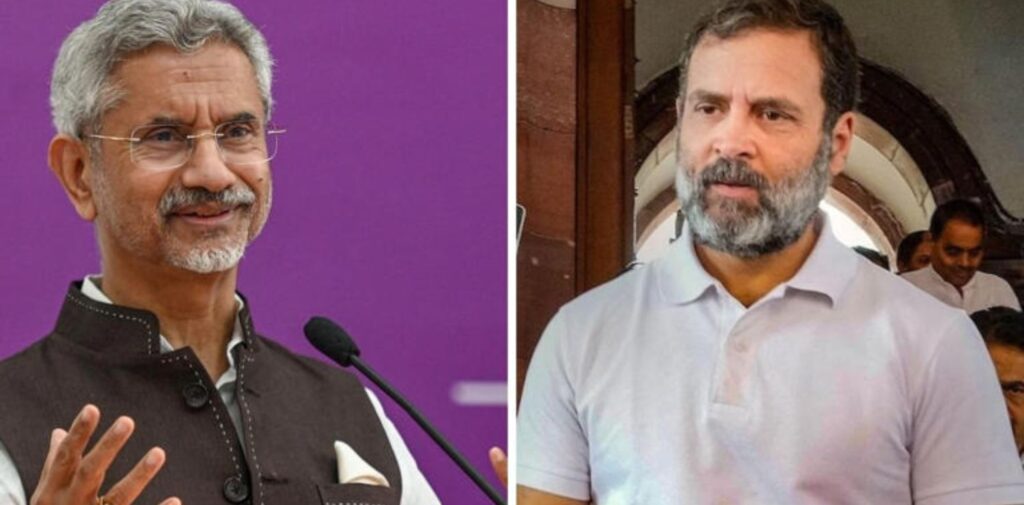
Rahul Gandhi has frequently painted a picture of India as a place rife with division and chaos. His commentaries, especially in paid interviews or media interactions abroad, sometimes seem to suggest that India is a failed state. The issue with these statements is not just their inaccuracy but also the damaging effect they have on India’s global image.
Jaishankar’s subtle dig serves as a reminder that running a country is far more nuanced than what is portrayed in brief interviews or flashy headlines. Rahul’s failure to grasp these intricacies has become one of his major criticisms, not just from political opponents but also from within his own party.
Paid Interviews: A Platform for Misinformation?
One of the most significant criticisms of Rahul Gandhi stems from his alleged use of paid interviews to promote his agenda. In these interviews, rather than focusing on constructive criticism or solutions, Gandhi has been accused of spewing negativity about India. He has repeatedly spoken about issues like communalism, economic failures, and autocracy, but his statements are often devoid of context or practical solutions.
For instance, Rahul Gandhi’s characterization of India as an “oppressive state” in an international interview earlier this year drew widespread condemnation. While India, like any other democracy, has its challenges, painting such a one-sided picture not only misrepresents the truth but also diminishes the progress India has made on various fronts, including economic growth, poverty reduction, and technological advancements.
Rahul’s detractors argue that these interviews are orchestrated more to appeal to his international audience rather than addressing the needs and concerns of the Indian electorate. His foreign interviews often give fodder to critics who accuse him of being disconnected from the ground realities of the nation he aspires to lead.
The Disservice to Indian Citizens
Rahul Gandhi’s consistent portrayal of India in a negative light does a significant disservice to the very people he claims to represent. As a politician, especially one from a family with a long political legacy, it is expected that he would have a better understanding of India’s strengths and weaknesses. Instead, many feel that his remarks lack depth and are aimed at garnering attention rather than contributing to meaningful discourse.
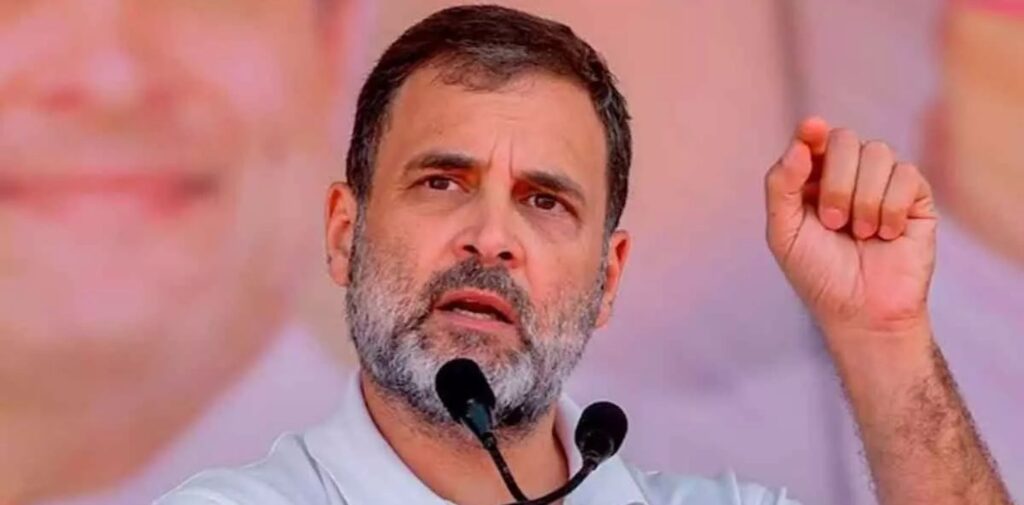
Gandhi’s continuous criticism, particularly on international platforms, gives an impression that he is more interested in tarnishing the country’s image than offering any real solutions. While constructive criticism is essential in a democracy, it must be coupled with viable alternatives and a balanced view. However, in Rahul’s case, it often seems that his focus is more on creating noise than addressing the genuine issues facing the country.
Out of Step with India’s Progress?
Despite the challenges India faces, the country has made significant strides in various sectors over the last few decades. From becoming a global leader in IT and pharmaceuticals to making notable progress in space exploration, India is on a trajectory of growth. However, Rahul Gandhi’s statements seem to ignore these achievements. In his interviews, there is little acknowledgment of the positive changes taking place across the nation.
Rahul has often pointed to the government’s handling of issues like unemployment and inflation, but his critics argue that these are global problems exacerbated by external factors such as the pandemic and geopolitical tensions. By failing to provide a balanced view or propose concrete solutions, Rahul risks alienating a large section of the electorate who believe in India’s potential and progress.
While it is true that the country still faces significant challenges, such as income inequality and social unrest, focusing solely on the negatives without recognizing the efforts being made to address these issues reflects poorly on his leadership capabilities.
Is Rahul Gandhi Fit to Lead?
The broader question that arises from Rahul Gandhi’s series of controversial statements is whether he is truly fit to lead a nation as complex as India. A leader must be able to unite, inspire, and offer solutions. Instead, Gandhi’s rhetoric often appears divisive and disconnected from the ground realities. His insistence on portraying India as a failing democracy not only undermines the nation’s accomplishments but also casts doubt on his ability to provide effective leadership.
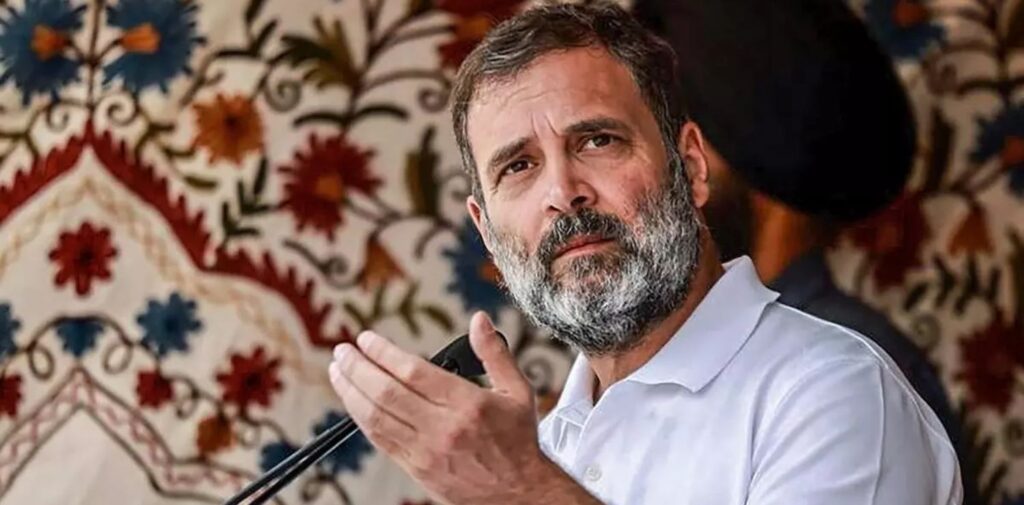
Jaishankar’s comment, “Life is not ‘khatakhat’,” resonates deeply here. Leading a country requires patience, persistence, and a clear understanding of the nation’s pulse. Rahul Gandhi, through his paid interviews and negative portrayal of India, has demonstrated that he lacks this nuanced understanding. Instead of offering a vision for the future, he seems content with creating controversy—a strategy that, thus far, has not translated into electoral success.
Conclusion
Rahul Gandhi’s public statements, especially in paid interviews, have raised serious questions about his understanding of India’s complexities. His tendency to focus solely on the negatives, without offering constructive solutions, has alienated many citizens who are proud of India’s progress. The Indian electorate, while open to criticism, expects its leaders to present a balanced view and work towards building a stronger nation. As of now, Rahul Gandhi seems more intent on playing the role of a perpetual critic than a responsible leader capable of guiding the country into the future.

